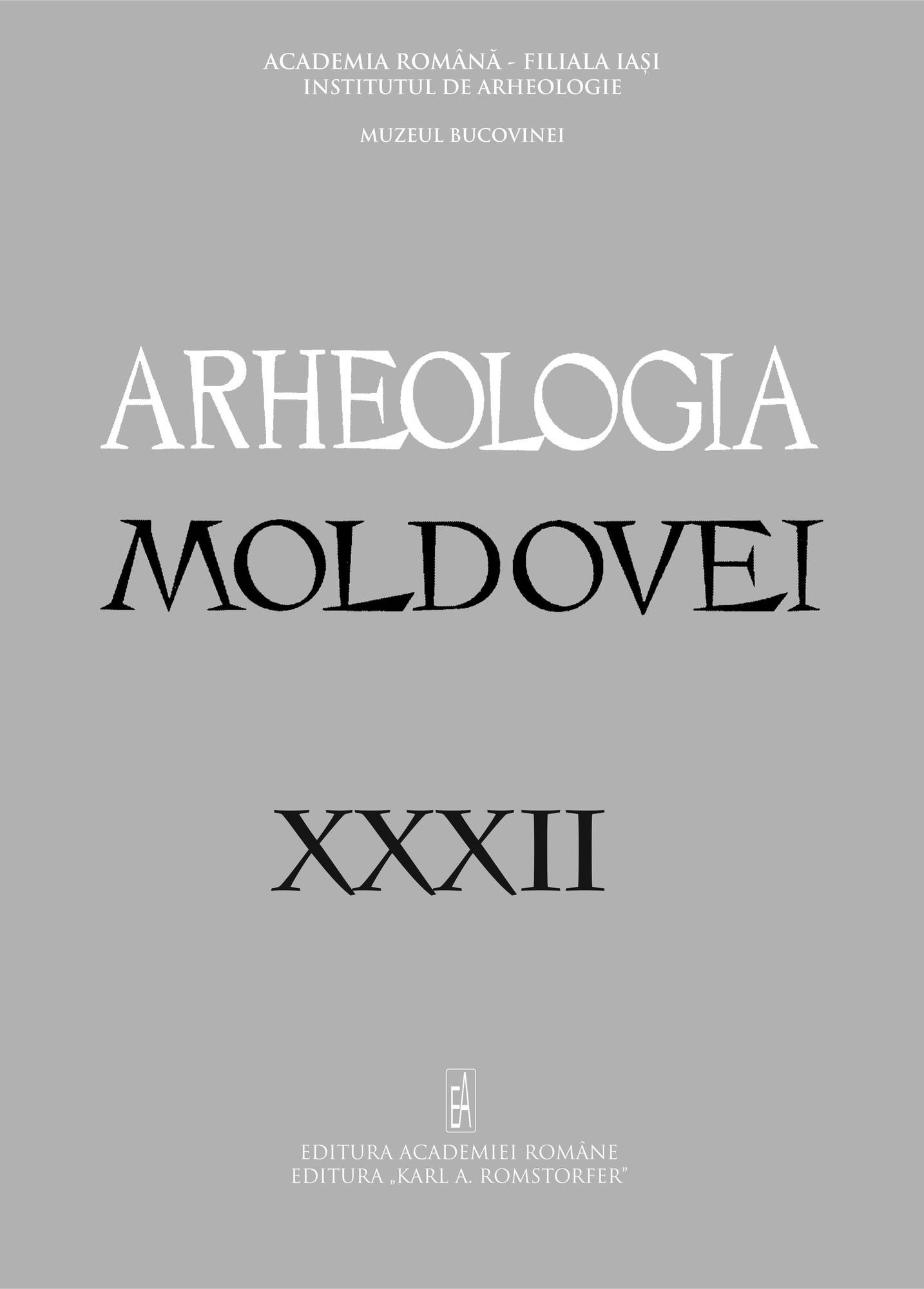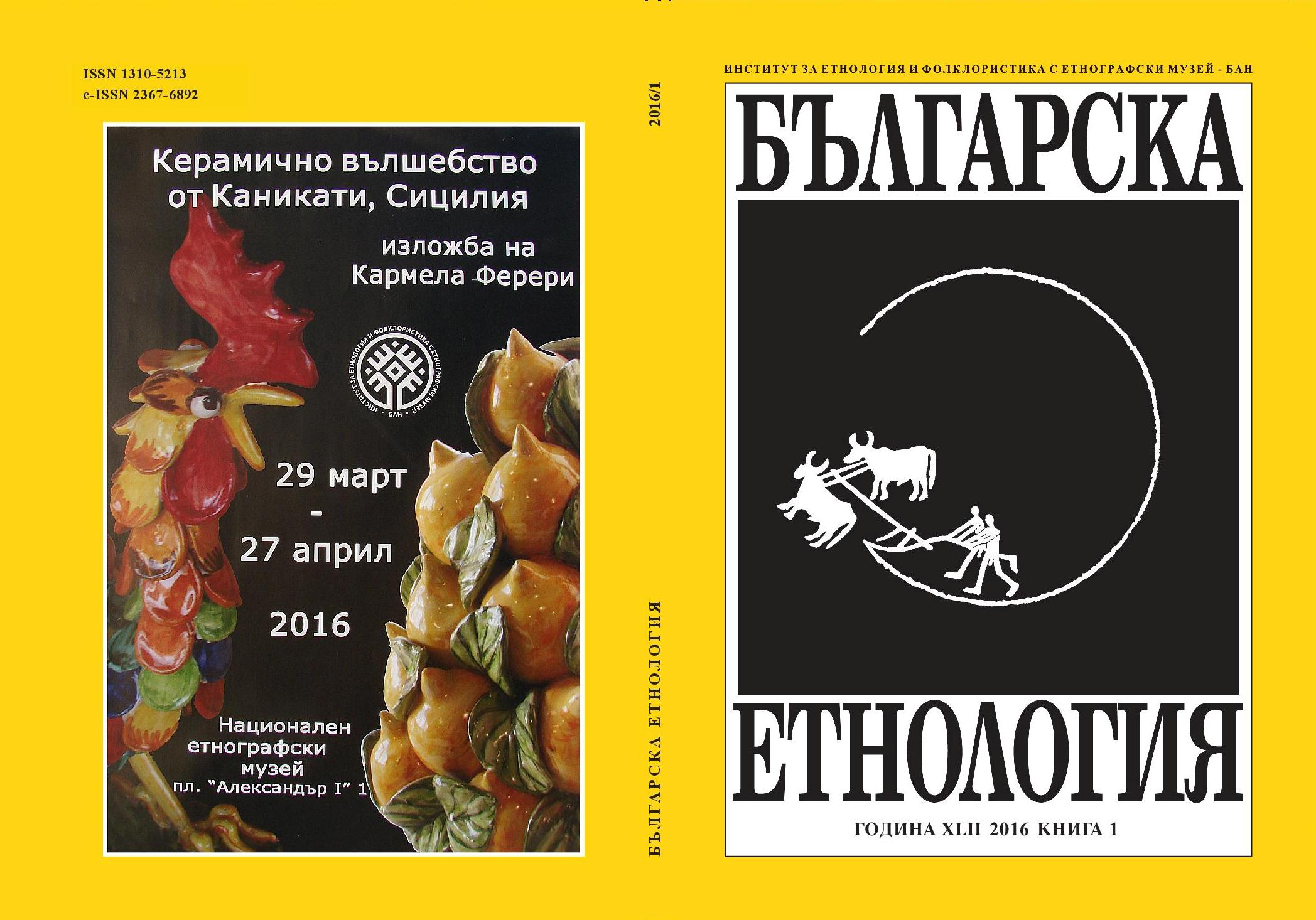
We kindly inform you that, as long as the subject affiliation of our 300.000+ articles is in progress, you might get unsufficient or no results on your third level or second level search. In this case, please broaden your search criteria.

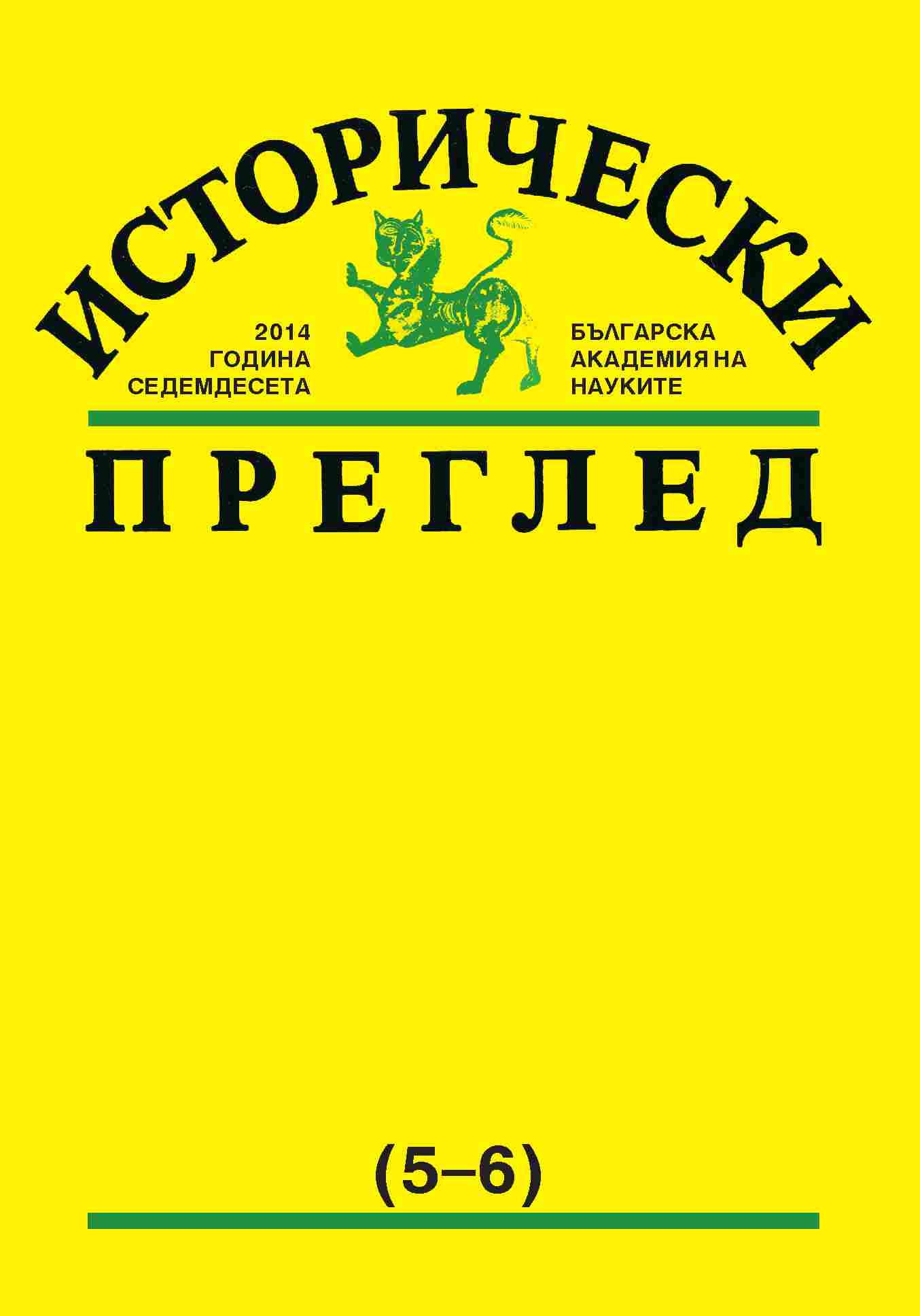
Summary of the 8 published conference report in this issue
More...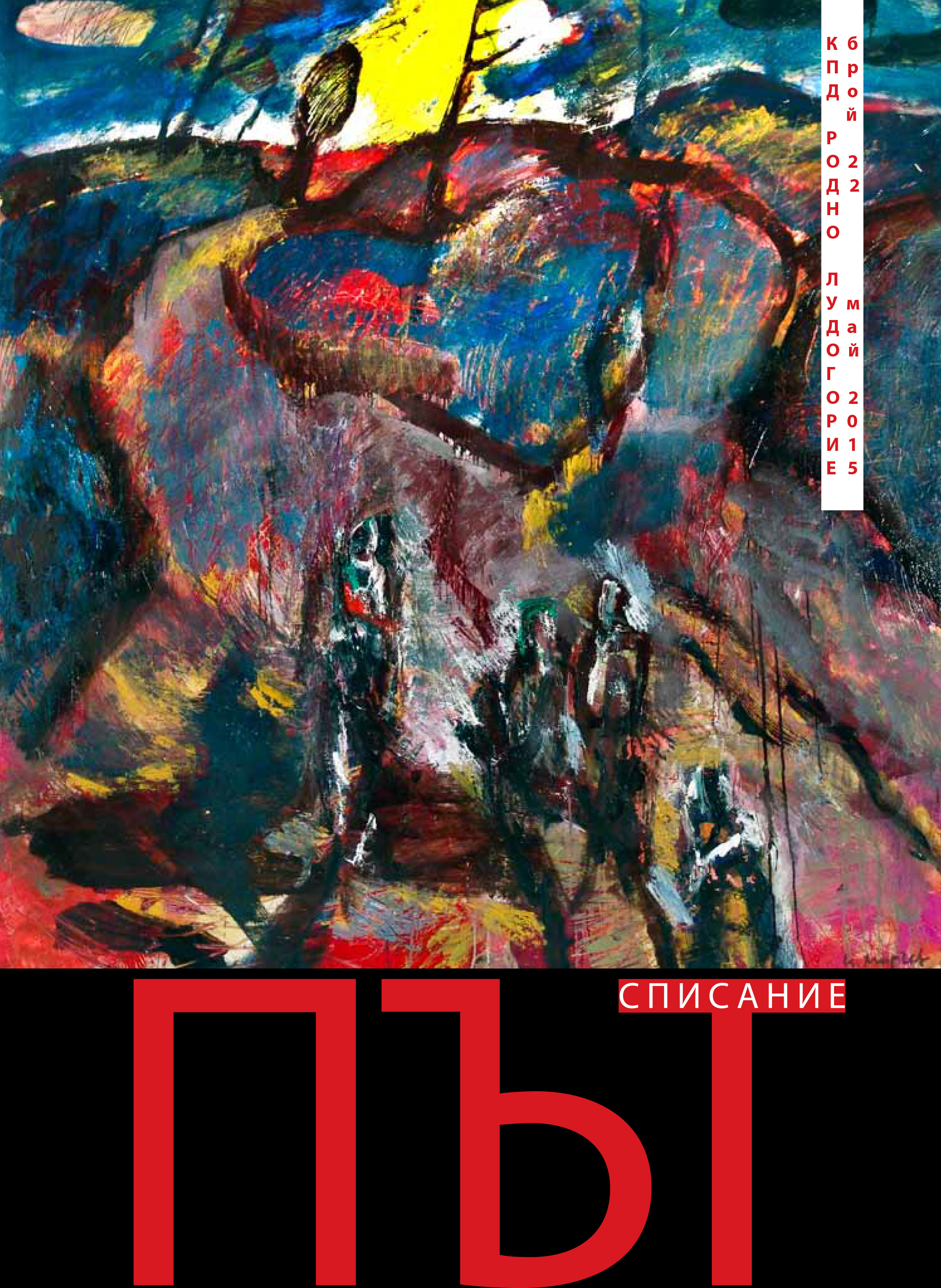
Two essays and drawings of students that were awarded for participating in the competition "In the footsteps of warchief Tanyo"
More...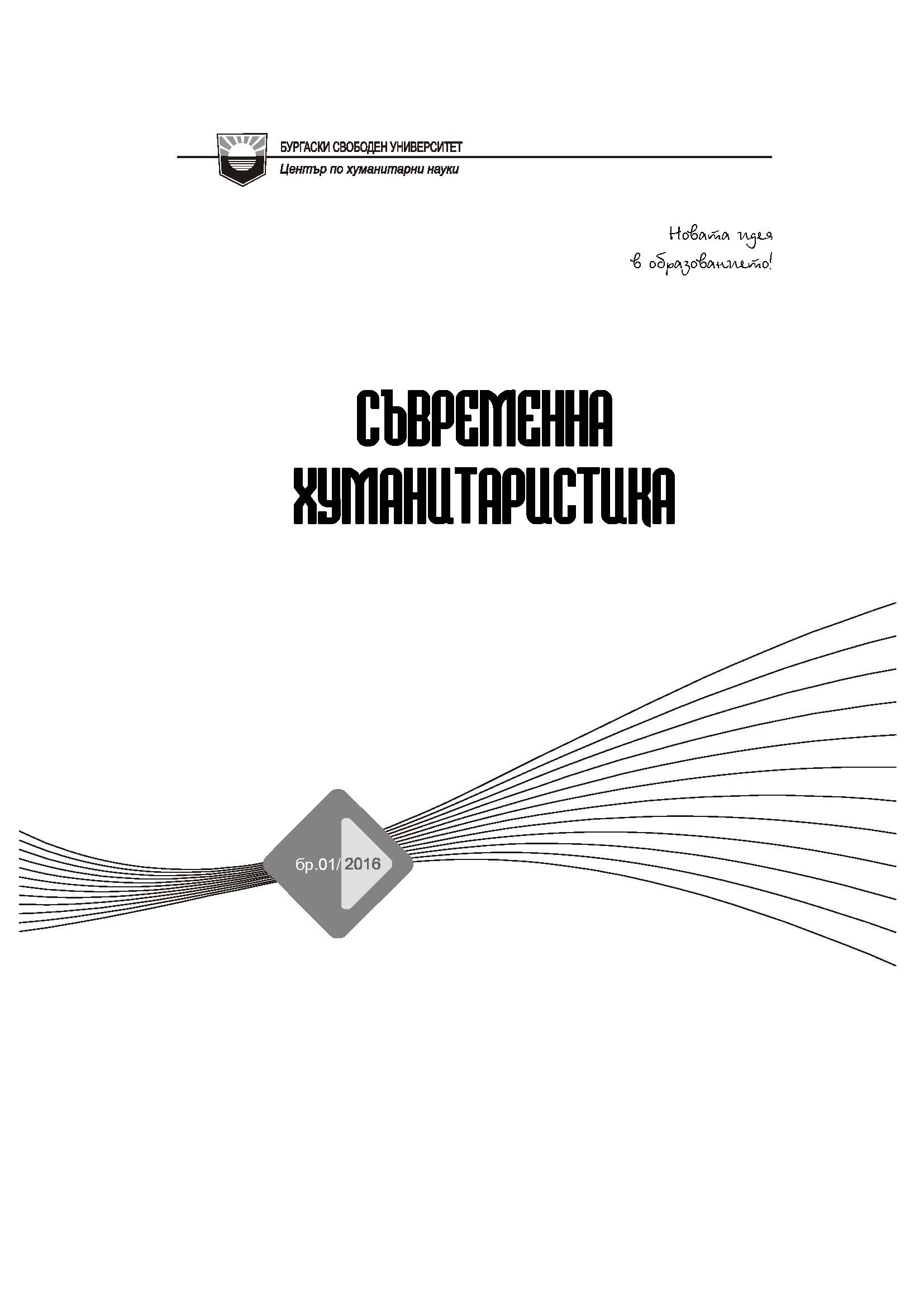
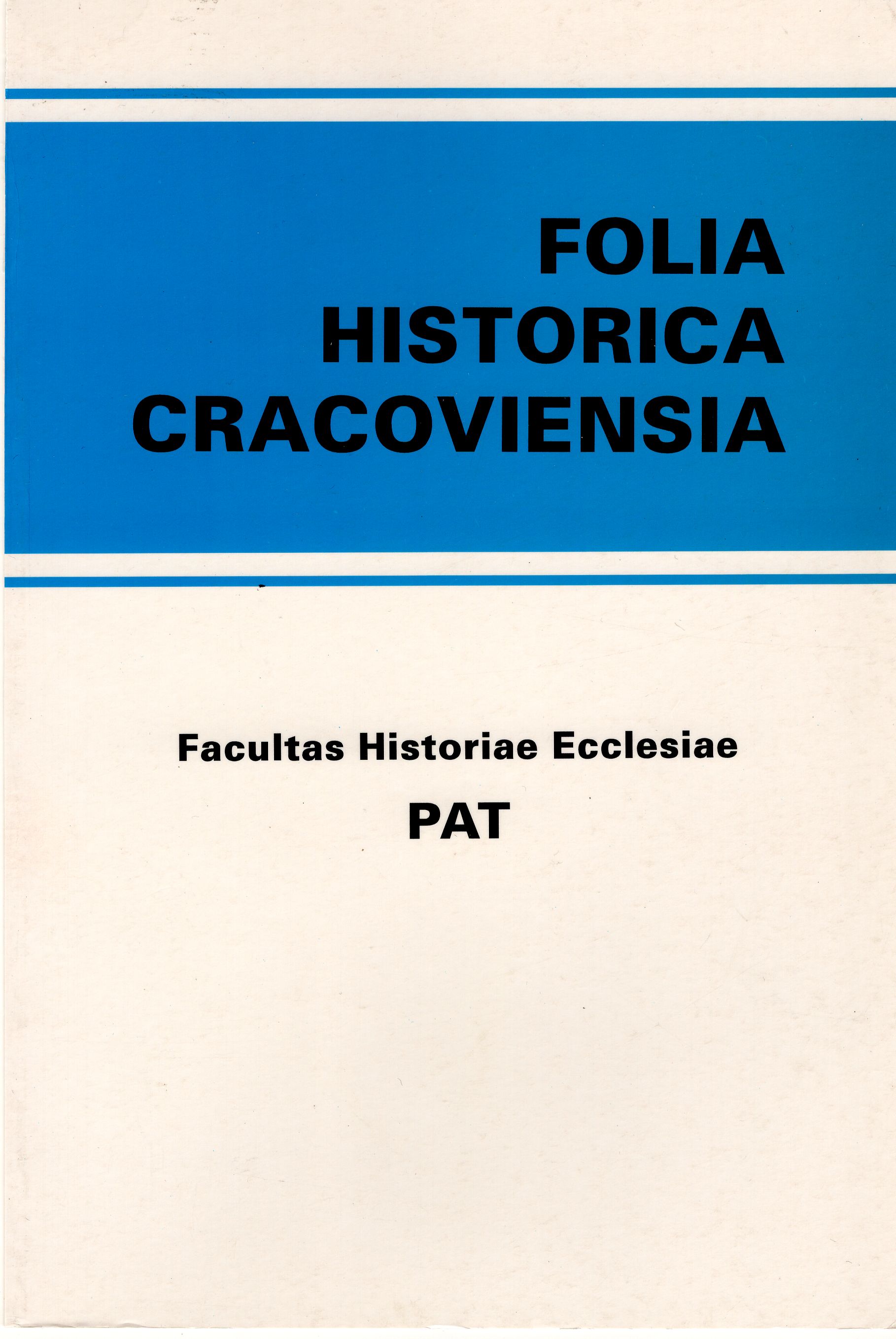
Wbrew powszechnym sądom wzajemne relacje pomiędzy Kościołem i państwem po przewrocie majowym (1926) nie były dobre . Szczególnie źle wyglądały w sprawach nauczania i wychowania religijnego w szkole. Artykuł omawia skomplikowaną kwestie wzajemnych realacji w świetle zachowanych dokumentów.//Contrary to popular belief, the relations between the Church and the state following the May coup (1926) were far from good. A particular bone of contention was the issue of teaching and religious education in schools. The article discusses the complex subject of mutual relations in the light of extant documents.
More...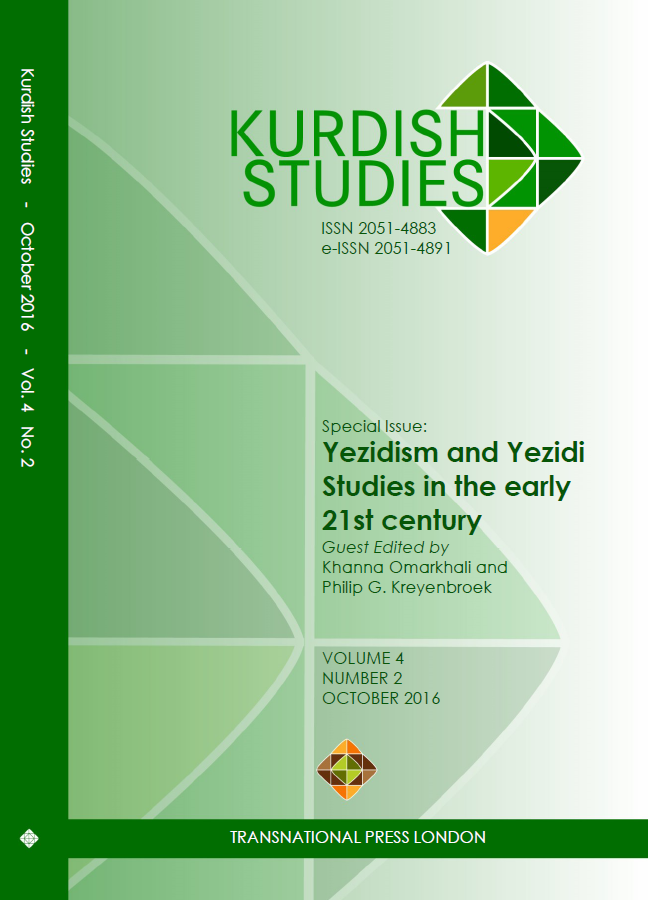
The travellers, diplomats, missionaries and academics who have written on the Kurds have always shown a remarkable fascination with the Yezidis. The great Ottoman traveller Evliya Çelebi, who in the mid-seventeenth century wrote so extensively on diverse aspects of Kurdish culture, social life and political organisation that he may well be called the first Kurdologist, was also one of the first to write some tantalising observations on customs and practices of the Yezidis he encountered. He also reports in some detail on two punitive campaigns mounted by Ottoman governors against the Yezidis of Sinjar, in one of which he played a minor role himself. Christian missionaries based in Kurdistan were drawn to the Yezidis as the major non-Muslim and non-Christian community and fascinated by what they understood of its elusive theology. Two of the founders of West European academic Kurdology, C. J. Edmonds and Roger Lescot, devoted some of their major work to the Yezidis, and most Kurdish experts have felt the need to pay due attention to the Yezidi religion. Several of the ideologists of Kurdish nationalism, finally, have elevated the Yezidis to the status of most authentic Kurds. For more has been written about the Yezidis and their religion than about the religious practices and institutions of the Muslim Kurds, reflecting a bias among both foreign academics and secular Kurdish nationalists.
More...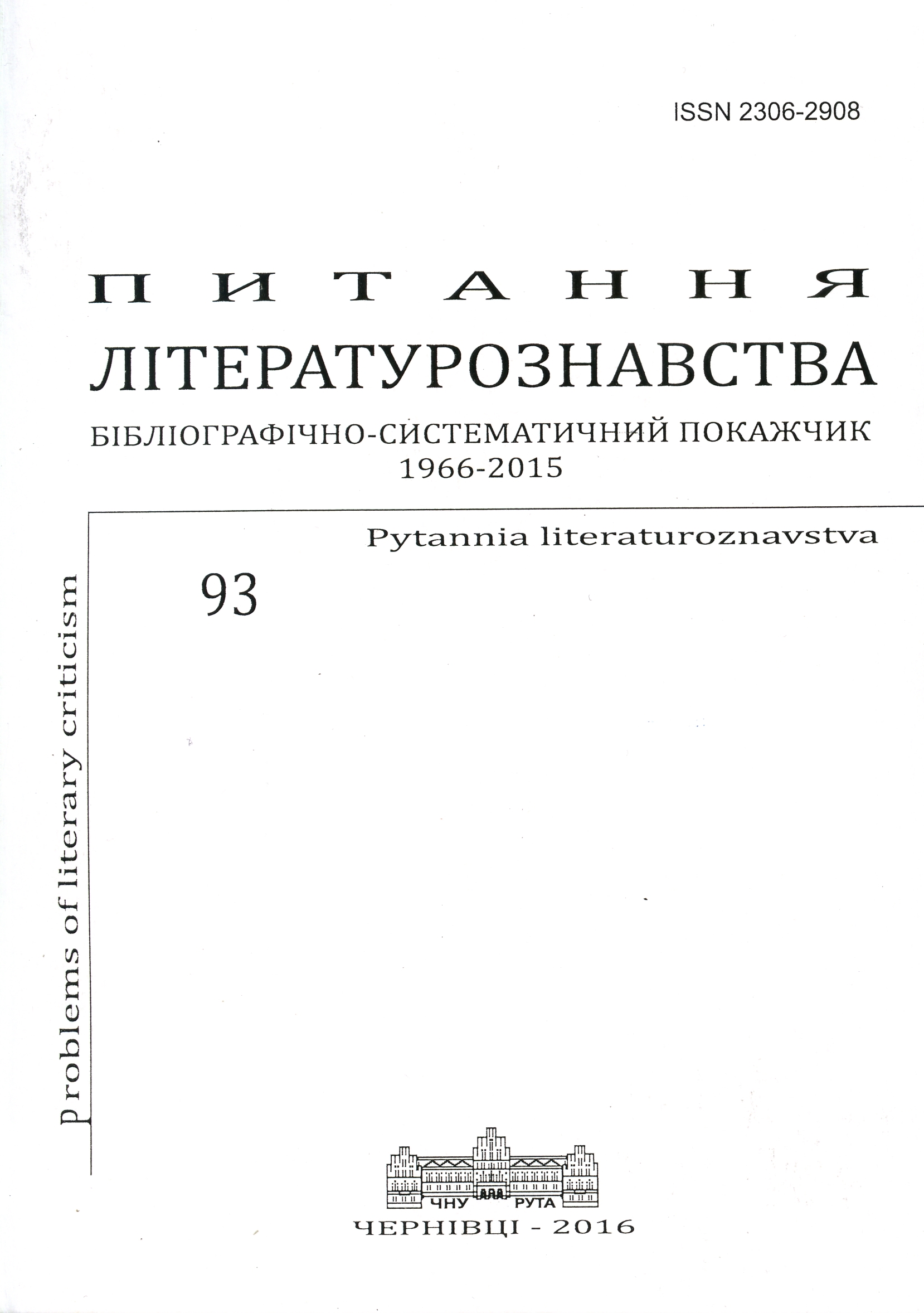
2016 рік став для „Питань літературознавства” ювілейним – науковому збірнику виповнилося 50 років. Це півсторіччя цікавої і драматичної історії розвитку української філологічної науки, що засвідчила суттєві ідеологічні переакцентування внаслідок радикального зламу соціального устрою, точкою біфуркації якого став 1991 рік. Період функціонування видання розколовся навпіл: 25 радянських років і 25 років незалежної України.
More...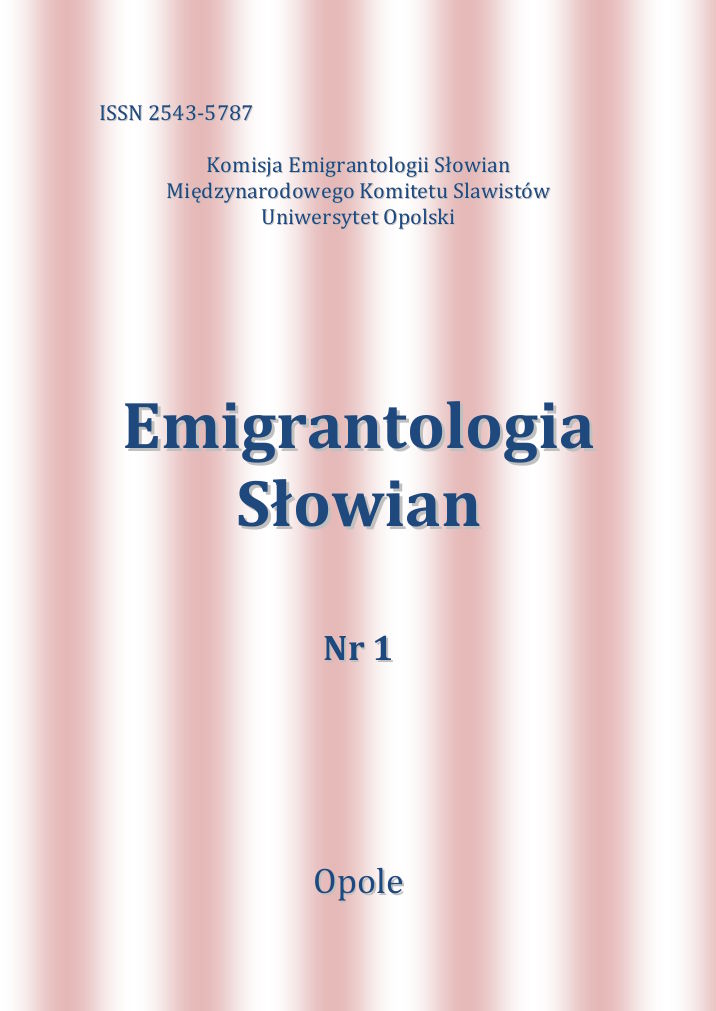
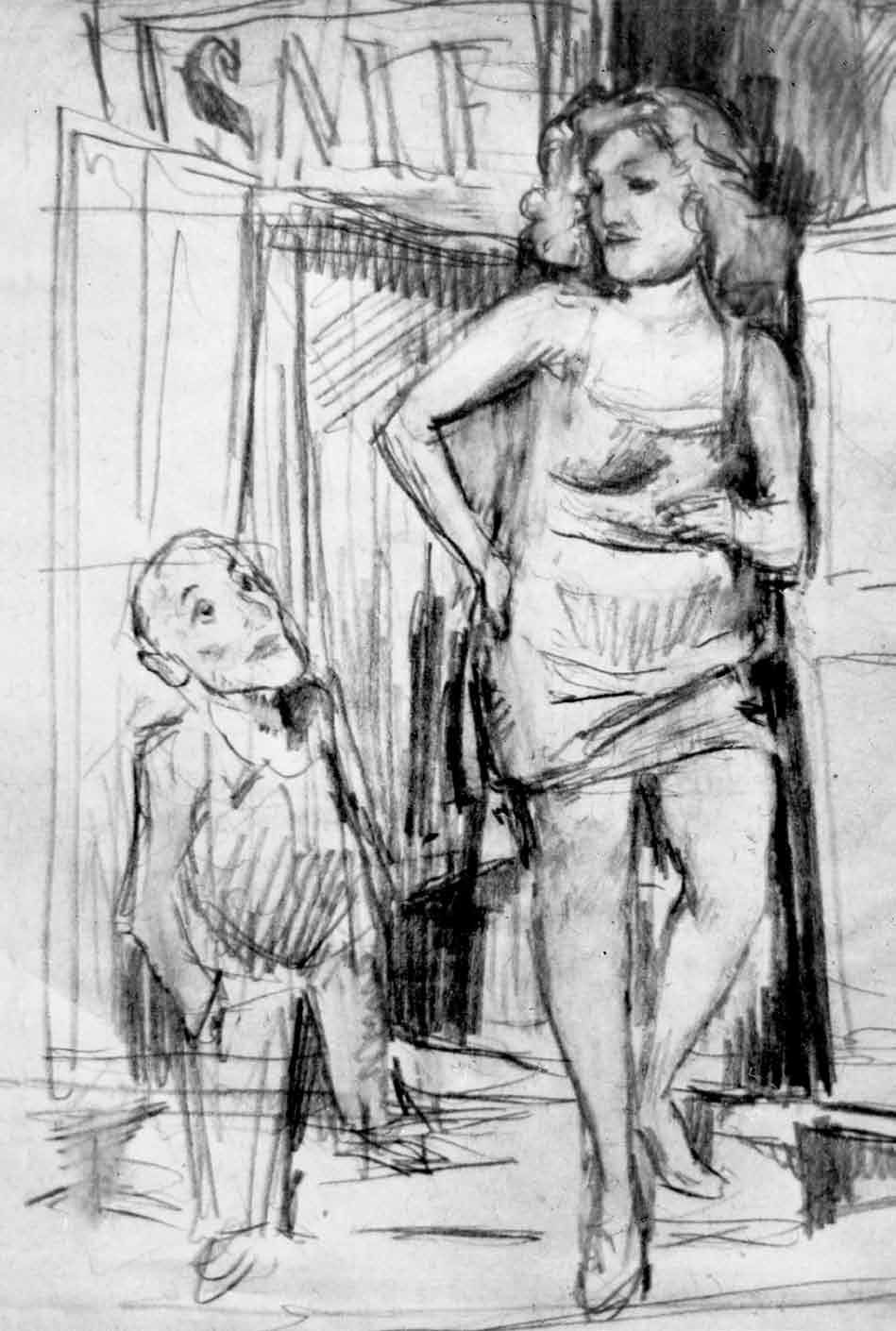
The editorial articulates a suspicion that had Schulz lived long enough, possibly even until today, he would have been greatly surprised by his growing fame abroad, like perhaps many other twentieth-century schlemiel-heroes of literature and the humanities, such as Kafka, de Saussure, Propp or Bakhtin. The present number of "Schulz/Forum" is then introduced as a collective testimony of his popularity outside the Polish language.
More...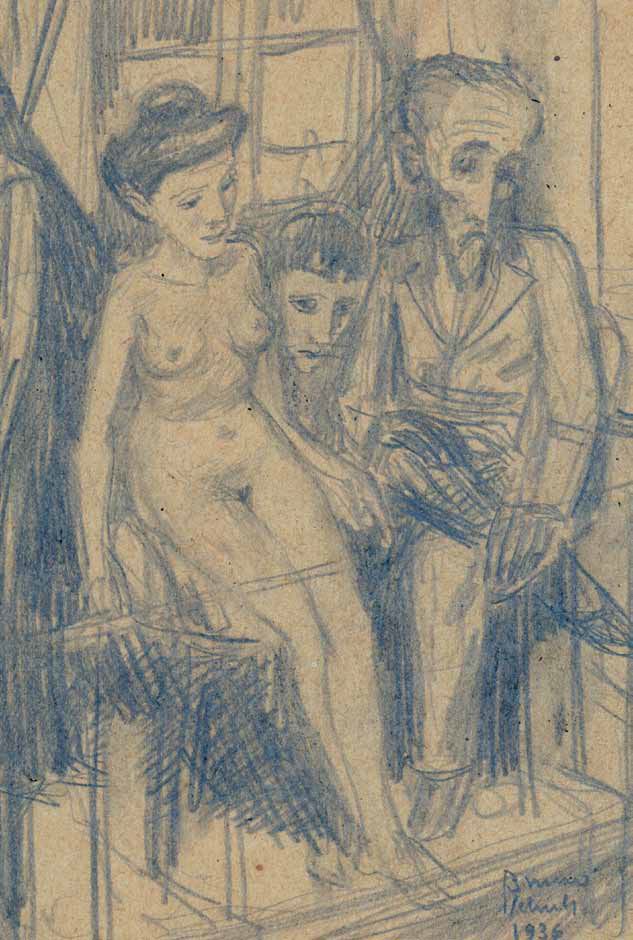
Schulz studies were born of rapture. In 1943 Jerzy Ficowski wrote a short study on Bruno Schulz, bound it, and titled it "Regions of Great Heresy". That event can be now called the founding act of Schulz studies. Commenting on his work many years later, Ficowski realized that its permanent element was his rapture and the title to be assigned to more and more comprehensive versions of his early study. Schulz had attracted the critics’ interest already before, but the early critical reviews were all in one way or another involved in current literary debates in which Schulz represented the “regions of great heresy.” His death in 1942 changed the situation immediately since it excluded him from any future dialog. Not knowing about it, Ficowski wrote a letter to Schulz, hoping that the writer would respond, but the dead do not write letters. His rapture Ficowski translated into his study of Schulz. Today we know that it was a work of his lifetime, thanks to which Schulz, after years of marginalization and even absence, survived in literature. Ficowski was the founder of Schulz studies. Many readers have approached his Regions of Great Heresy as a document, a genuine source of information. Equally important is a trilogy also prepared by Ficowski, including, first, the "Book of Letters", second, the "Book of Images", and now it is high time we had the "Book of Memories". It should consist of the letters wrritten to Ficowski by the witnesses of Schulz’s life.
More...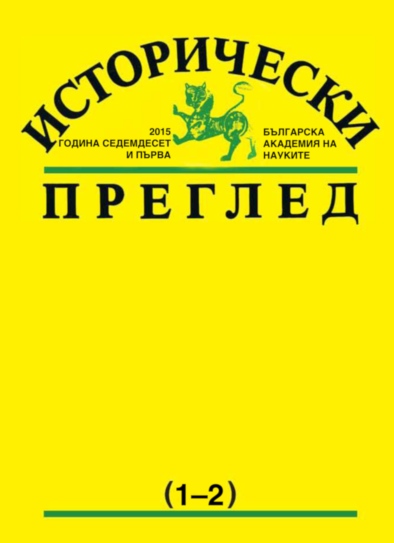
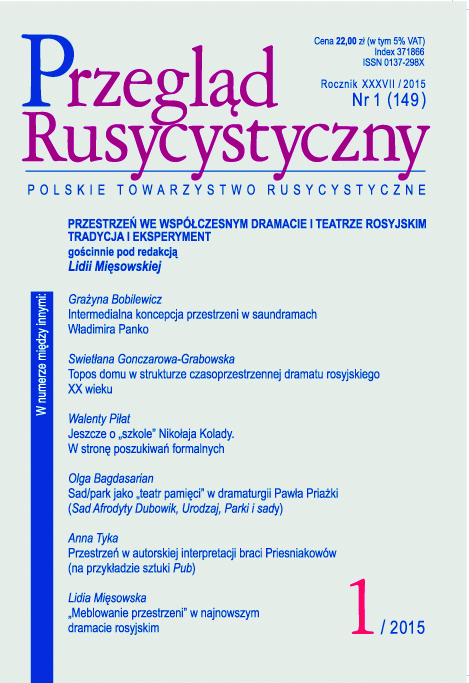

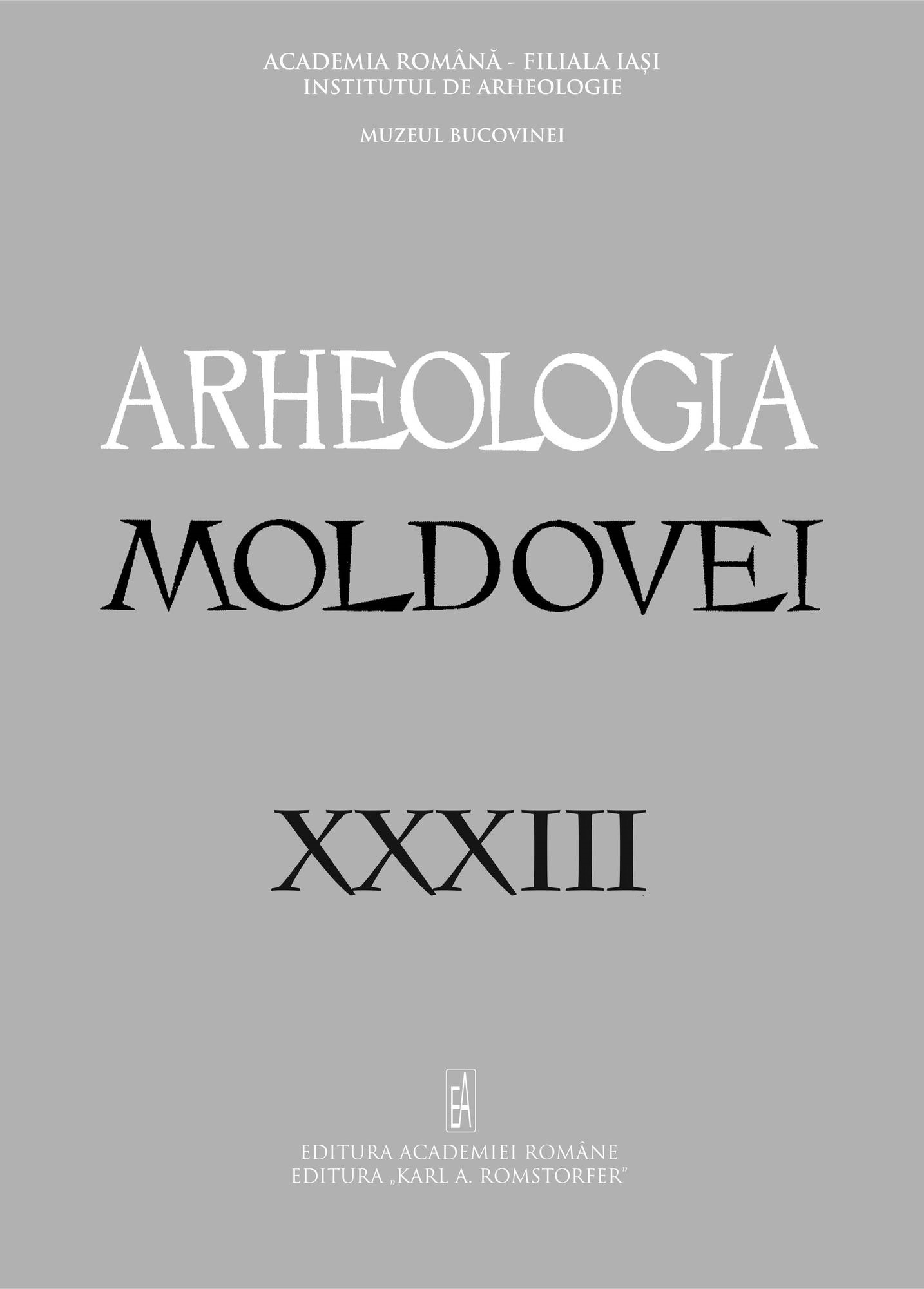
A homage to professor Gheorghe Postică
More...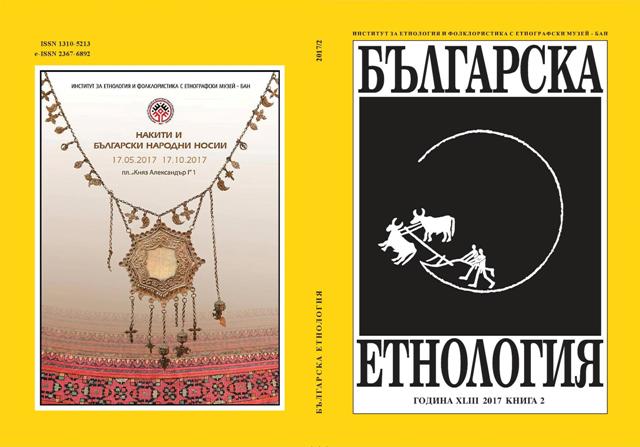
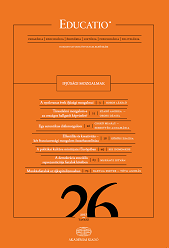
Interview with Fogl Márton by Biró Zsuzsanna Hanna
More...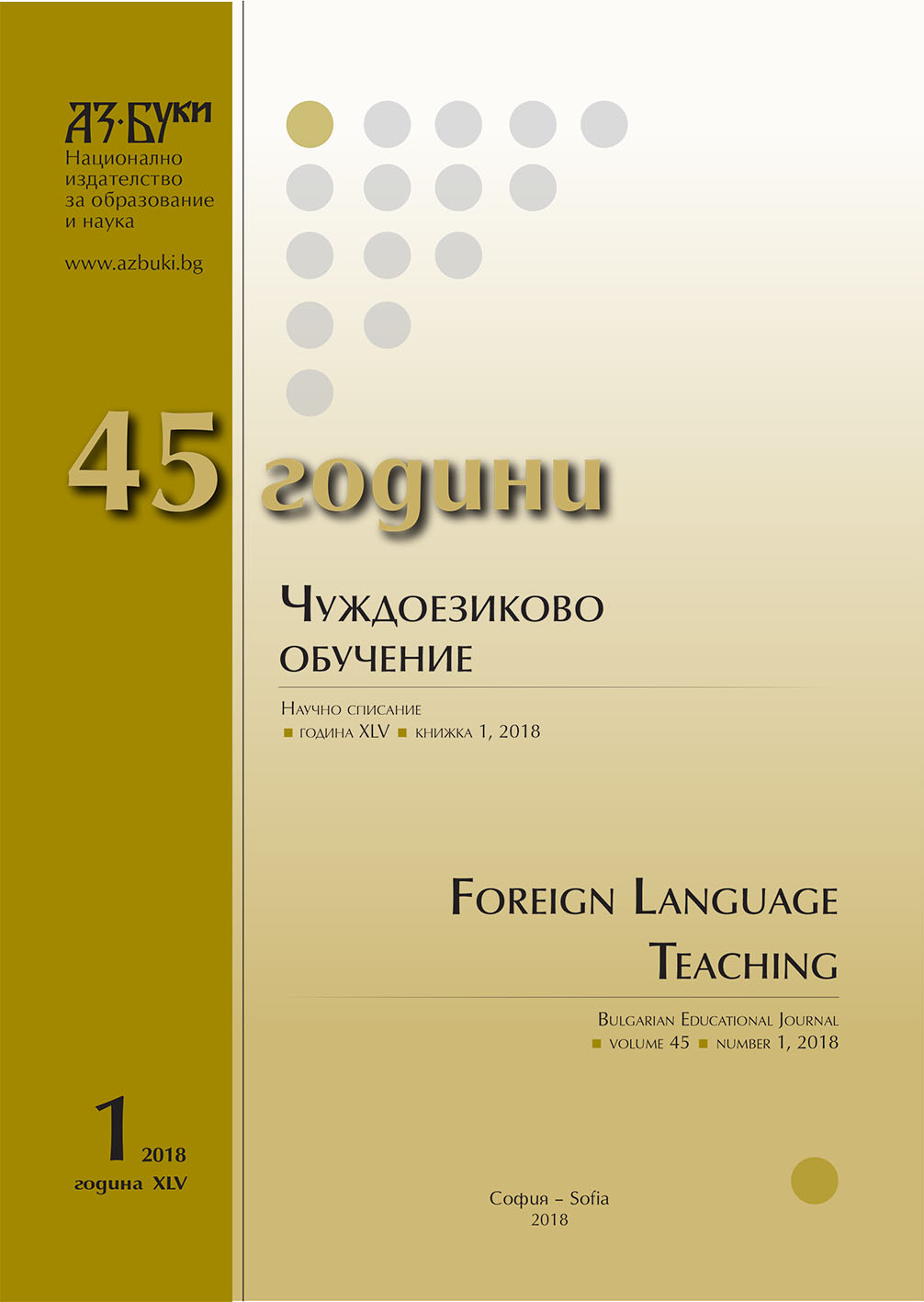
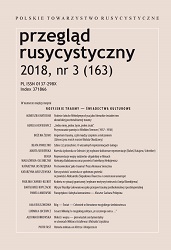
Foreword to the special issue of Russian Studie Review devoted to trauma and posttrauma in Russian culture and literature.
More...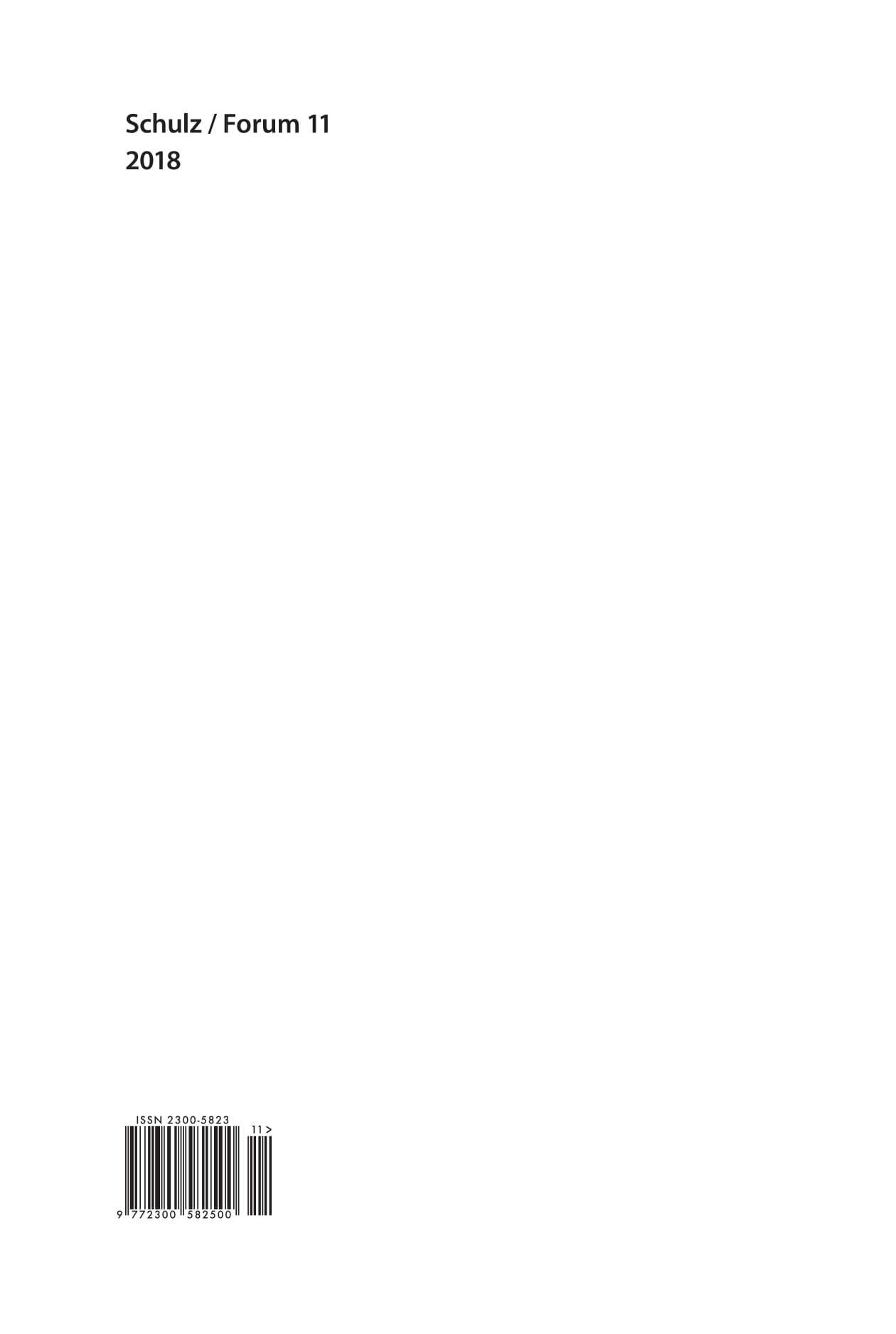
Nowadays it is impossible to think about Schulz outside Drogobych. Wherever else heshowed up, be it Vienna, Marienbad, Kudowa, Zakopane, Warsaw or Paris, he was a refugee, a patient, a visitor or a tourist – always a stranger. And he considered himselfone, while others did the same. To an extent, it was his own fault. It could perhaps beotherwise if he did not so often write in his letters (and most likely said in conversations) that he was unable to live and work outside his hometown. But the words of the writer could only encourage others to contribute to a stereotype of a “modest school teacher from a small town.” The provincial status of Schulz, however, is not so obvious. At the end of the 19th century, thanks to oil Drogobych reached the end of centuries long stasis from which even the salt mines opened in the Middle Ages could not save it. Oil changed the life of many people in Galicia. Without leaving Drogobych, Schulz could actually watch and personally experience in doses which let him keep his independence and inner stability the rise of a metropolitan mentality described by Georg Simmel. Yet Paris was too much for him – after three weeks he escaped from the French capital with not a single word of commentary. To live in the capital of the 19th century, as Walter Benjamin called it, would have been a torture for him. Thus Schulz did not cancel the opposition of center and periphery, the capital and the provinces, but turned such distinctions upside down. Thanks to writing, the center of the world moved to his hometown so that perhaps Drogobych became the capital of the 20th century.
More...